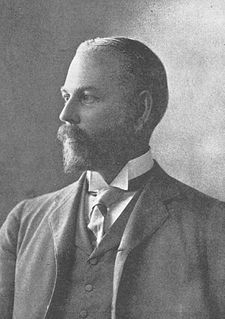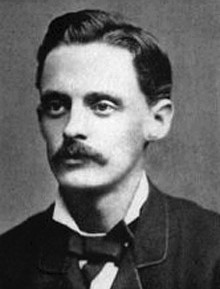A Quote by Octavio Paz
Art is an invention of aesthetics, which in turn is an invention of philosophers... What we call art is a game.
Related Quotes
I never went into aesthetics. Aesthetics is what philosophers have to say about art, and a lot of them take an analytics position and raise the question, "What is an art object?" As soon as you fall into that trap, an artist is going to come along and say, "That isn't art - it's something else." That's a hopeless gig.
...those experiments be not only esteemed which have an immediate and present use, but those principally which are of most universal consequence for invention of other experiments, and those which give more light to the invention of causes; for the invention of the mariner's needle, which giveth the direction, is of no less benefit for navigation than the invention of the sails, which give the motion.
There are many points in the history of an invention which the inventor himself is apt to overlook as trifling, but in which posterity never fail to take a deep interest. The progress of the human mind is never traced with such a lively interest as through the steps by which it perfects a great invention; and there is certainly no invention respecting which this minute information will be more eagerly sought after, than in the case of the steam-engine.
But art not only exploits the variety of appearances, it also affirms the validity of individual outlook and thereby admits a further dimension of variety. Since the shapes of art do not primarily bear witness to the objective nature of the things for which they stand, they can reflect individual interpretation and invention.
It is a mistake to suppose, with some philosophers of aesthetics, that art and poetry aim to deal with the general and the abstract. This misconception has been foisted upon us by mediaeval logic. Art and poetry deal with the concrete of nature, not with separate 'particulars,' for such rows do not exist.
The so-called ‘crank’ may be quite original in his ideas. … Invention, however, in the engineering sense involves originality; but not that alone, if the results are to be of value. There is imagination more or less fertile, but with it a knowledge of what has been done before, carried perhaps by the memory, together with a sense of the present or prospective needs in art or industry. Necessity is not always the mother of invention. It may be prevision.







































